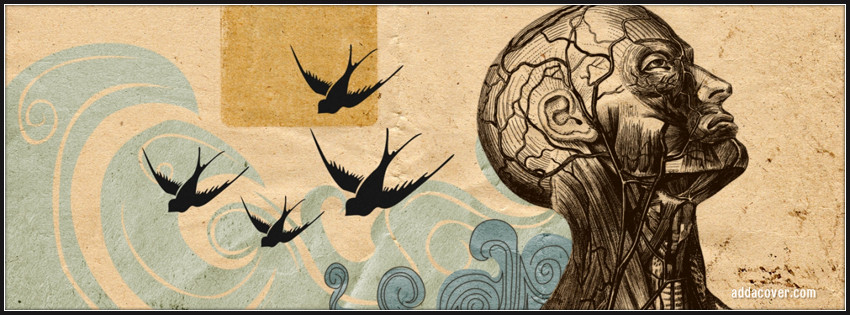Psychiatric Treatments, Achieving Wellness
Basic Psychiatric and Medical Treatments and Paths to Recovery.
Acute episodes of severe Depression, Bipolar Disorders and Schizophrenia are serious medical conditions that affect mental and physical wellness. They often require combinations of short-term psychiatric inpatient hospitalization, medications and counseling to stabilize an episode. While this often is quite helpful, additional psychiatric outpatient and adjunctive treatment strategies may result in further improvement and include:

1. Compliance with prescribed psychiatric and medical medications to maintain stability. Optimization of medications and management of side effects. Compliance with laboratory investigations, mood charts, and personal diaries.

2. Biomedical Supplements: Omega-3, NAC or N-Acetyl Cysteine, Vitamin D3, Vitamin B12, Curcumin Turmeric, Ginko Biloba
 3. Dose reduction or abstinence from recreational drugs, marijuana, cigarettes and alcohol.
3. Dose reduction or abstinence from recreational drugs, marijuana, cigarettes and alcohol.

4. Lifestyle changes including balanced daily routines and activities, social interaction, education, work and hobbies. Regular sleep cycle, modest eating habits, daily exercise and avoidance of smoking.
 5. Relaxation Therapies, Yoga Therapy, Meditation and Mindfulness Training. CBT or Cognitive Behavioral Therapy for anxiety, for Depression and Psychosis, DBT or Dialectical Behavior Therapy for Psychosis and Borderline Personality Disorder.
5. Relaxation Therapies, Yoga Therapy, Meditation and Mindfulness Training. CBT or Cognitive Behavioral Therapy for anxiety, for Depression and Psychosis, DBT or Dialectical Behavior Therapy for Psychosis and Borderline Personality Disorder.

6. Special therapies such as TMS, Transcranial Magnetic Stimulation, ECT
Beyond Basic Psychiatric and Medical Treatments: Achieving Wellness:

Thriving instead of just surviving: While conventional medical treatments achieve a reduction in symptoms and hopefully a recovery from illness, there are many other improvements needed to achieve overall physical, mental and spiritual wellness. It has been enshrined by the World Health Organization Definition. “Wellness is an active process of becoming aware of and making choices towards a healthy and fulfilling life, a state of complete physical, mental, and social well-being, and not merely the absence of disease or infirmity.”
Achieving and maintaining wellness requires practicing healthy habits on a daily basis to attain better physical, mental and spiritual health outcomes. Several key areas of our lifestyle are considered dimensions of overall wellness. They include: Avoid self-harm, develop regular routines, regular exercise, nutrition, sleep, social connectedness, and mindfulness. Always start with small changes within each dimension and take it one day at a time – you don’t have to run a marathon or go on a restrictive diet to implement wellness into your everyday life.
Useful Links:
NAC Therapy: Berk et al 2010 Article Re NAC (N-acetylcysteine) useful in mood disorders.